The European Union undertakes a number of activities to promote gender equality in the research, innovation and higher education (R&I, HE) sectors. An example of this is the strengthening of the ‘gender equality’ aspects in the EU framework program – Horizon Europe, which is the largest instrument for financing research and innovation in Europe.
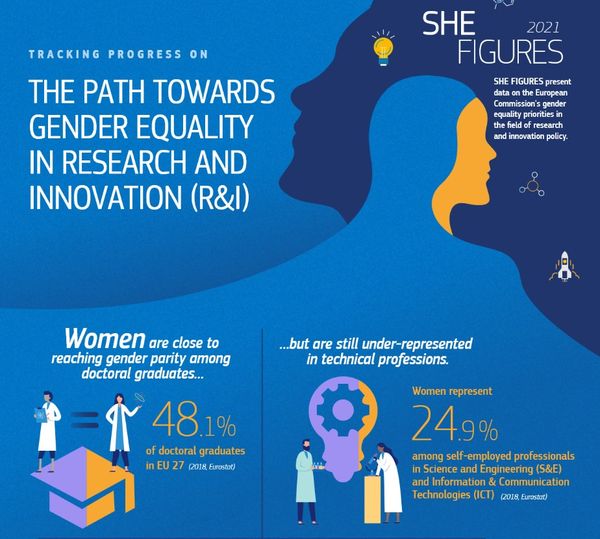
Gender equality activities supporting scientific excellence and innovation
Obtaining funding from the Horizon Europe by public research institutions such as universities or research institutes is only possible if the Gender Equality Plan is in place. There are still many structural barriers to gender equality in science and higher education, as indicated in the latest SheFigures 2021 report, monitoring the state of gender equality in the R&I sector across Europe.
The SheFigues 2021 report contains data and analyzes on about 88 indicators, which were indicated, among others, by:
- on average 48.1% of graduates of doctoral programs are women (in Poland: 56.3%), but in areas such as STEM or ITC still a significant majority of men
- more than 40% of the academic staff are women, but they only hold 26.2% of positions at the highest career level (professorship)
- women represent 32.8% of European researchers; however, more often as men work part-time

Webinar Gender equality in the European research, innovation and higher education sector. How to Strengthen Scientific Excellence through Gender Equality Plans?

The EU is committed to advancing gender equality in all areas, the Research and Innovation (R&I) sector being no exception. Despite the progress achieved, many structural barriers to gender equality in research and innovation persist. To contribute to the development, CZELO, LINO, PolSCA, and SLORD jointly organized a virtual event “Gender equality in European Research, Innovation and Higher Education. How to enhance scientific excellence through Gender Equality Plans?”.The objective of this event was to give an overview of the latest EU gender policy developments. Recent developments and illustrative cases from the Czech Republic, Lithuania, Poland, and Slovakia were presented.
During the webinar, the representative of the Directorate-General for Research and Innovation in the European Commission – Ms Anne Pepin (from the Gender sector) presented the results of the She Figures 2021 report and discussed EU policies in this area.
Researchers representing leading scientific institutions from 4 countries in the Central and Eastern Europe region presented research and analyzes on gender equality and will take part in a discussion on the role of gender equality in building the capacity of scientific institutions, strengthening research teams and stimulating innovation in the region.
- Czech Republic: Marcela Linková, Head of the Center for Gender and Science at the Institute of Sociology of the Czech Academy of Sciences
- Lithuania: Agnė Paliokaitė, Science and innovation policy researcher, Founder and Director of international research institute Visionary Analytics; Aurelija Novelskaitė, Associate Professor of Vilnius University (Lithuania)
- Poland: Anna Knapińska, Assistant Professor at the National Information Processing Institute
- Slovakia: Gabriel Bianchi, Deputy Director at the Institute for Research in Social Communication of the Slovak Academy of Sciences
GEP is a mandatory requirement for research organizations applying to Horizon Europe
Gender equality as a cross-cutting priority in the Horizon Europe 2021-2027 (HE) framework program stems directly from the European Commission’s gender equality strategy for 2020-2025. Three main changes have been introduced in HE to lead to an increase in the level of gender equality:
- having a Gender Equality Plan – obligatory as an eligibility criterion for all public bodies, higher education institutions and research organizations wishing to participate in the Horizon Europe program
- the inclusion of the gender dimension in the content of research and innovation – this is a default requirement in projects, assessed under the excellence criterion (unless explicitly stated otherwise in the description of the topic);
- gender balance in research teams – as a decisive criterion in the case of grant applications with the same number of points in the ranking
Having a Gender Equality Plan is mandatory for all public bodies, i.e. ministries, municipalities, research funding organizations, public profit-oriented organizations (e.g. some museums) as well as higher education institutions (universities) and research organizations (research institutes).
Private for-profit organizations such as small and medium-sized enterprises, as well as non-governmental (NGO) or civil society (CSO) organizations are not required to implement GEP. This requirement only applies to organizations from EU member states and associated countries (third countries are exempt from it).
NOTE: The organization may not have a GEP at the application stage, but must have a Plan at the time of signing the Grant Agreement. At the stage of submitting the application, a declaration of the organization is required that the Gender Equality Plan will be implemented at the time of signing the grant agreement at the latest.
SEE: The PolSCA Office Guide on the development of Gender Equality Plans
GEP development – 4 mandatory elements:
- is a public document
- it is necessary to designate specific resources for its development and implementation,
- data collection and monitoring should be foreseen
- the organization of training and capacity building of the organization should be included.
Develop a GEP: necessary steps, tools and resources
- Make decisions and allocate resources
- Diagnosis of the current situation
- Develop a plan, including actions to be taken and indicators
- Adoption and publication of the document
To develop GEP, you can use generally available supporting tools, e.g.
- the GEAR Toolkit on gender equality guide
- European Institute for Gender Equality guide
- European Commission study on GEP
A network of institutions from Central and Eastern Europe dealing with GEP issues:
GEinCEE
GENDERACTION - Report ERAC SWG on Gender in Research and Innovation on Gender Equality Plans as a catalyst for change (key elements for See GEP on pp. 7-8)
- Network of Communities of Practice Act on Gender
Workshops for employees of the Polish Academy of Sciences

Workshop 1. How to develop a Gender Equality Plan?
Thursday, March 17, 9:00 am – 11:30 am
(for institutions that are just starting work on GEP)
Topics covered during the training:
- What is the Gender Equality Plan? Stages of work on the Gender Equality Plan.
- A good start – understanding the functioning of the organization and creating a team implementing the Gender Equality Plan.
- Analysis of the state of gender equality in the organization: goals of data analysis, types of useful data.
- Tools: GEAM – a tool to be used in diagnosis and monitoring.
- Designing a Gender Equality Plan – translating the results of the diagnosis into goals, planning activities and selecting indicators, determining the resources necessary to achieve the goals.
After the training, the participants:
• learn about the process of developing and implementing the Gender Equality Plan and the requirements of the European Commission regarding the content and form of the Gender Equality Plan,
• will be prepared to diagnose the situation in their organization,
• get to know GEAM as a tool for analyzing the situation in an organization / institution,
• will be prepared to design a Gender Equality Plan in their organization
• learn about examples of gender equality plans from Polish and foreign research institutions
Workshop 2. How to implement a Gender Equality Plan?
Thursday, March 24, 9:00 am – 11:30 am
(for institutions with a diagnosis of GEP or with an already developed GEP)
Topics covered during the training:
- What is a Gender Equality Plan? Stages of work on a gender equality plan.
- Designing a gender equality plan – translating the results of the diagnosis into goals, planning activities and selecting indicators, determining the resources necessary to achieve the goals.
- How to choose the subject of the training and who should it be addressed to?
- Inclusion of the gender aspect in research and teaching content – how to ensure it?
After the training, the participants:
• learn about the process of developing and implementing the Gender Equality Plan and the requirements of the European Commission regarding their content and form,
• will be prepared to design a Gender Equality Plan in their organization,
• learn about examples of Gender Equality Plans from Polish and foreign research institutions,
• will be prepared to select training topics (as part of the Gender Equality Plan) and develop their plans,
• learn about the requirement to include a gender aspect in research and teaching content.
Workshops (in Polish) will be conducted by trainers: Dr. Paulina Sekuła and Dr. Ewa Krzaklewska from the Jagiellonian University (involved, among others, in the Gender Equality network – Community of Practice for Gender Equality in Central and Eastern Europe).
The perspective of the expectations of the European Commission will be presented by Beata Oleksy, Gender Equality Expert in the Horizon Europe program of the National Center for Research and Development.
Gender Equality Plans of PAS Institutes
- Instytut Chemii Organicznej PAN
https://www.icho.edu.pl/wp-content/uploads/2022/01/GEPfullpl.pdf
- Instytut Chemii Bioorganicznej PAN
https://portal.ichb.pl/wp-content/uploads/2022/01/Zarzadzenie33_10_2021.pdf
- Instytut Immunologii i Terapii Doświadczalnej im. Ludwika Hirszfelda PAN
- Międzynarodowy Instytut Biologii Molekularnej i Komórkowej w Warszawie
https://www.iimcb.gov.pl/images/banners/GEP_2022-2025/GEP_PL.pdf
- Instytut Oceanologii PAN
https://www.iopan.gda.pl/zarzadzenie_20_2021-plan.pdf
- Instytut Slawistyki PAN
- Międzynarodowy Instytut Mechanizmów i Maszyn Molekularnych PAN
https://www.imol.institute/_files/ugd/be1885_bf925c9c62514e0ab46fd48d78b2f61f.pdf
- Instytut Geofizyki PAN
https://www.igf.edu.pl/download.php?id=2899
- Instytut Badań Literackich PAN
https://ibl.waw.pl/index.php?app=docs&action=get&iid=6375
- Instytut Matematyczny PAN
https://www.impan.pl/instytut/deklaracja_dostepnosci/plan_rownosci_w_im_pan_na_lata_2022_2024.pdf ]
- Instytut Chemii Fizycznej PAN
Training and future activities

Registration: https://tiny.pl/9njfl
EU funded projects on GEP

ACT
Communities of PrACTice for Accelerating Gender Equality and Institutional Change in Research and Innovation across Europe (1 May 2018 – 30 April 2021)
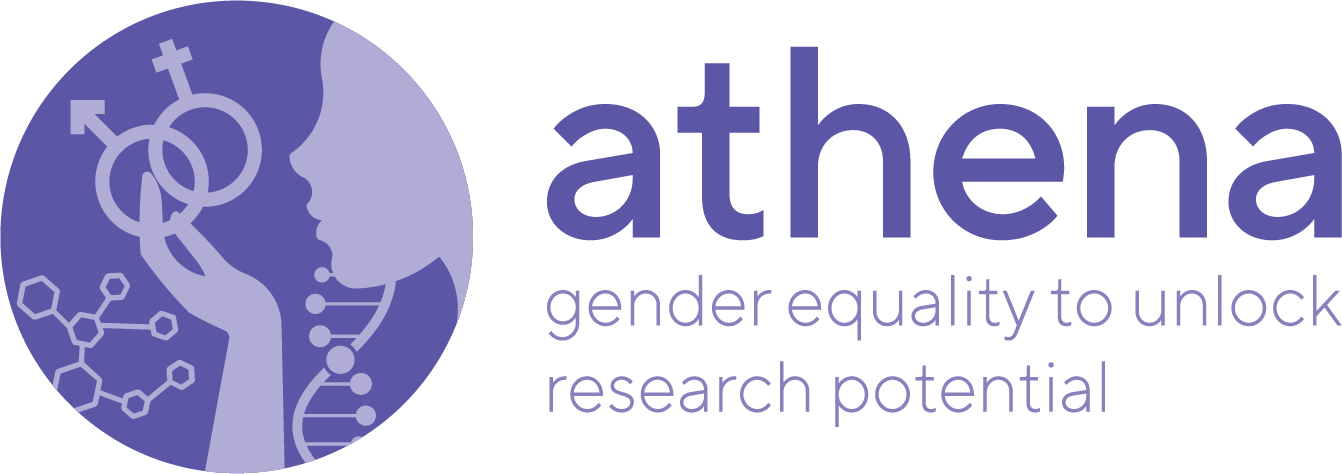
ATHENA
Implementing gender equality plans to unlock research potential of RPOs and RFOs in Europe (1 February 2021 – 31 January 2025)
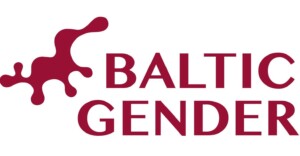
Baltic gender
Baltic Consortium on Promoting Gender Equality in Marine Research Organisations (1 September 2016 – 31 August 2020)
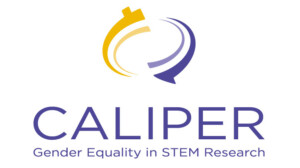
Caliper
Linking research and innovation for gender equality (1 January 2020 – 31 December 2023)

CASPER
Certification-Award Systems to Promote Gender Equality in Research (1 January 2020 – 31 December 2021)
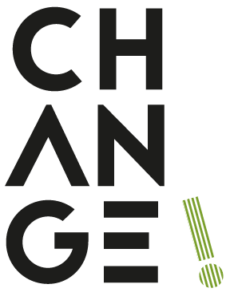
CHANGE
CHAlleNging Gender (In)Equality in science and research (1 May 2018 – 30 April 2022)
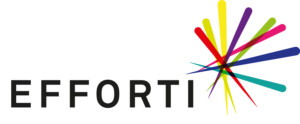
EFFORTI
Evaluation Framework for Promoting Gender Equality in Research and Innovation (1 June 2016 – 31 May 2019)
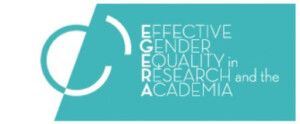
EGERA
Effective Gender Equality in Research and the Academia (1 January 2014 – 31 December 2017)

EQUAL4EUROPE
Gender Equality Standards for Arts, Humanities, Medicine, Social sciences, Business and Law institutions throughout Europe (1 January 2020 – 31 December 2023)
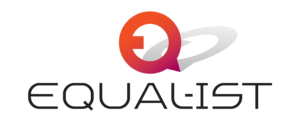
EQUAL-IST
Gender Equality Plans for Information Sciences and Technology Research Institutions (1 June 2016 – 31 May 2019)

FESTA
Female empowerment in science and technology academia (1 February 2012 – 31 January 2017)
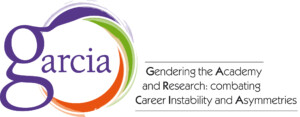
GARCIA
Gendering the Academy and Research: combating Career Instability and Asymmetries (1. February 2014 – 31 January 2017)

GE ACADEMY
Gender Equality Academy (1 January 2019 – 31 December 2021)
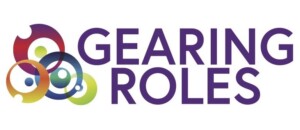
GEARING ROLES
Gender Equality Actions in Research Institutions to traNsform Gender ROLES (1 January 2019 – 31 December 2022)

GEDII
Gender Diversity Impact: Improving Research and Innovation through Gender Diversity (1 October 2015 – 30 September 2018)
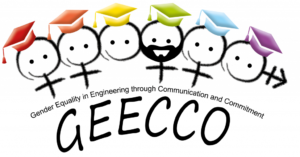
GEECCO
Gender Equality in Engineering through Communication and Commitment (1 May 2017 – 30 April 2021)

GENDERACTION
GENDer equality in the ERA Community To Innovate policy implementatiON (1 April 2017 – 30 September 2021)
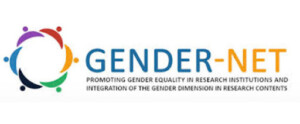
GENDER-NET
Promoting Gender Equality in Research Institutions and Integration of the Gender Dimension in Research Contents (15 October 2013 – 14 October 2016)

GENDER-NET Plus
Promoting Gender Equality in H2020 and the ERA (15 September 2017 – 14 September 2022)

GENDER-SMART
Gender in Science Management of Agriculture & life sciences, including Research and Teaching (1 January 2019 – 31 December 2022)

Gender STI
Gender Equality in Science, Technology and Innovation Bilateral and Multilateral Dialogues (1 November 2020 – 31 October 2023)
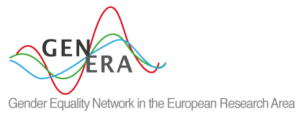
GENERA
Gender Equality Network in the European Research Area (1 September 2015 – 31 August 2018)

GENOVATE
Transforming Organisational Culture for Gender Equality in Research and Innovation (1 January 2013 – 30 June 2017)
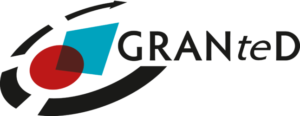
GRANteD
GRant AllocatioN Disparities from a gender perspective (1 January 2019 – 28 February 2023)

INTEGER
Institutional Transformation for Effecting Gender Equality in Research (1 March 2011 – 30 June 2015)
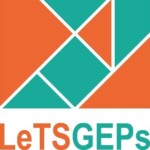
LeTSGEPs
Leading Towards Sustainable Gender Equality Plans in research performing organisations (1 January 2020 – 31 December 2023)
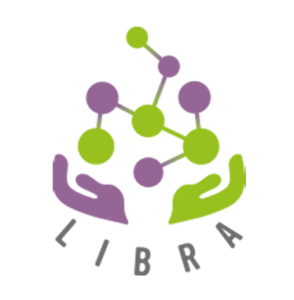
LIBRA
Leading Innovative measures to reach gender Balance in Research Activities (1 October 2015 – 31 March 2019)

MINDtheGEPS
Modifying Institution by Developing Gender Equality Plans (1 February 2021 – 31 January 2025)

PLOTINA
Promoting gender balance and inclusion in research, innovation and training (1 February 2016 – 31 January 2020)
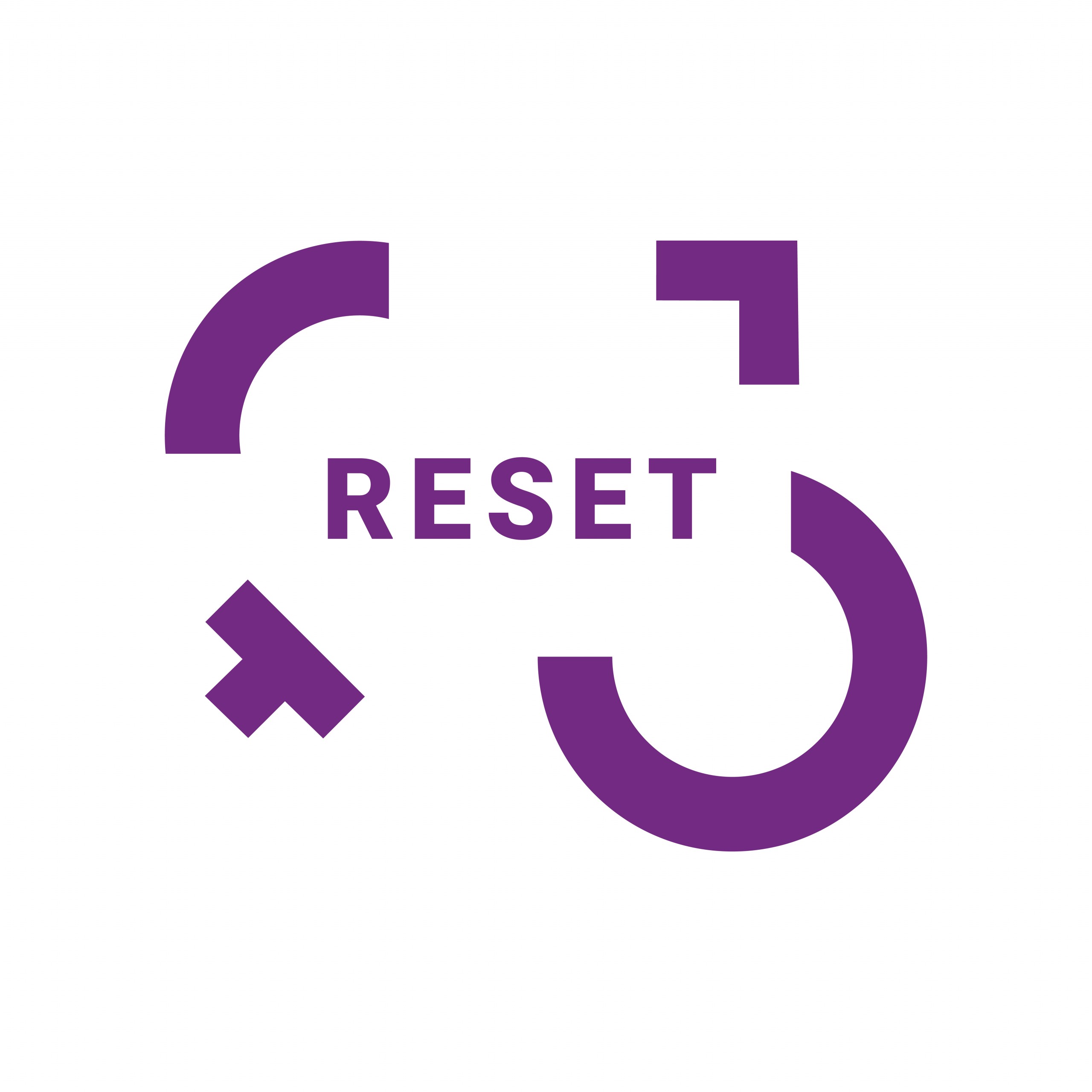
RESET
Redesigning Equality and Scientific Excellence Together (1 January 2021 – 31 December 2024)
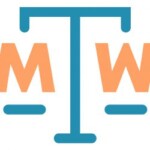
R&I PEERS
Pilot experiences for improving gender equality in research organisations (1 May 2018 – 31 August 2022)
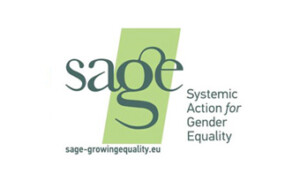
SAGE
Systemic Action for Gender Equality (1 September 2015 – 31 August 2018)
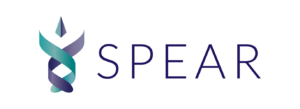
SPEAR
Supporting and Implementing Plans for Gender Equality in Academia and Research (1 January 2019 – 31 December 2022)

STAGES
Structural Transformation to Achieve Gender Equality in Science (1 January 2012 – 31 December 2015)

SUPERA
Supporting the Promotion of Equality in Research and Academia (1 June 2018 – 31 May 2022)

TARGET
TAking a Reflexive approach to Gender Equality for institutional Transformation (1 May 2017 – 30 April 2021)

TARGETED-MPI
Transparent And Resilient Gender Equality Through Integrated Monitoring Planning and Implementation (1 September 2020 – 31 August 2024)
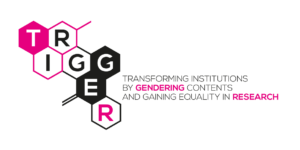
TRIGGER
Transforming Institutions by Gendering contents and Gaining Equality in Research (1 January 2014 – 31 December 2017)

UniSAFE
Ending gender-based violence (1 February 2021 – 31 January 2024)
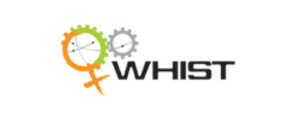
WHIST
Women’s careers hitting the target: gender management in scientific and technological research (1 May 2009 – 30 November 2011)
Contact: Magdalena Dobrzyńska, magdalena.dobrzynska@polsca.pan.pl


